Roll For Insight: Are Games The Future Of The Classroom?
January 18, 2019 by dracs
The other day, while conducting research on the latest games (and not procrastinating on Facebook, no matter what anyone says!) I stumbled upon an article on the WNYC. The article’s title: Dungeons & Dragons Rolls Into The Classroom.
My mind immediately went back to my first days as an English teacher. I went in, ready to enthuse my students with a love of learning. Ten minutes later, I was lecturing to a sea of glazed eyes and half-asleep students.
After the lesson, I took a stroll past my colleague’s classroom and was amazed to find their students attentive and energized. On the board, the teacher had drawn up a basic game board, complete with funny drawings and traps. The kids were taking it in turns to roll dice, move their pieces and answer questions. They were engaged, learning, and, most bizarre of all, having fun!
I immediately saw how tabletop games would be my salvation and returned the next day with my trusty copy of Werewolves of Miller’s Hollow in my pocket.
This got me thinking. Could tabletop games be the future of education?
Roll Int + Wisdom
There has been a real shift in recent years away from the teacher lecturing to their students on a given subject. Tabletop games are one of the many methods employed to help engage students with the topic. Before approaching this article, I reached out to some of my friends who are still teaching to see if they had any examples. I got a wide variety of responses, ranging from classics like Pictionary and Battleship to newer examples of games such as Hey! That’s My Fish. One even described how the new Disney board game Villainous can be adapted for lessons in formal logic. Often, these games are used to break up larger lessons, or review ideas.
I always use games to teach a new topic and to review...so pretty much all the time - Caroline Marques, English Teacher
Teaching with Dungeons and Dragons, the initiative that formed the focus of the WNYC article that sparked this whole thing off in my head, is of particular interest. Started by two American teachers, Sarah Roman and Kade Wells, their website details ways in which the two have utilised the classic role-playing game in their classes, as well as providing lesson plans and resources for teachers looking to try it themselves.
Roman turned to Dungeons and Dragons for her classical literature classes as a way to help students better understand the texts they were studying. Carrying out quests based around the likes of Beowulf and The Canterbury Tales, Roman tailored her class assignments around both the game and the lessons they learned, with examples like creating a suitable backstory for their character, or coming up with NPCs utilising various literary terms learned over the course of the lesson. Doing this has helped students to remember and understand the lessons taught, allowing them to explore the themes of the text in a learning experience quite different to that offered by simply reading the book. Meanwhile, KQED reported that the Grade Nine members of their Texas high school Dungeons and Dragons club, run by Kade Wells, outperformed their district on a statewide standardised test, something which Wells had a simple answer for "Playing Dungeons & Dragons makes you smarter."
Why Does It Work?
As has been observed many times, play is one of the main ways by which we learn. Sometimes that lesson might be basic math skills, other times it may be “Don’t get between Cass and victory.” Whatever it is, games help us to develop and take in new lessons.
There are many reasons for why it can be more effective than being bored out of your mind by someone droning on at the front of the classroom. For one thing, you’re not bored! And not being bored does wonders for the attention span.
Neuroeducación y Juego de Mesa (Educational Neuroscience and Tabletop Gaming), a proposal published by Devir Games and written by Núria Guzmán Sanjaume, describes how games present us with aspects which our brain actively seeks out, even going so far as to say that it combines all the elements proposed by educational neuroscience.
No other activity combines challenge, achievement, immediate feedback, reward and emotion.
In other words, your brain wants more of that sweet, sweet dopamine that comes from being challenged. Surprising as it may seem, you are more likely to get that from something that interests you, that evokes an emotional response, and which you can develop a connection with.
A student may not be excited to learn about the different literary terms informing Beowulf, but they will when in class they find themselves interacting with an NPC they made based around those same concepts.
Whatever the scientific reasons behind it, the benefits are definitely noticeable for teachers. I reached out to Teaching with Dungeons and Dragons, and Kade Wells got back with this observation:
I've never seen anything make students grow faster than when they play a role-playing game together. Year after year I've watched the bond between outcasts get strongly formed and the abilities of low students rise faster than any intervention that gets dreamed up in educational lala-land... This is the way that public education has to go if any of us are to survive to see future generations. The reading level in America (among other things) continues to decrease, and with this decrease comes many other social problems that we will see as time goes on. If you can't get a student to read, try giving them the Players Handbook and watch the pages turn. There are always cases where the damage of a child's life may make this futile as well, but it's worked for me nine times out of ten - Kade Wells, Teaching With Dungeons & Dragons
Kade is not alone in noticing this. When I asked Caroline how she felt about the benefits of games in the classroom, she had this to say:
Games make learning more relaxed and fun. The students participate more because they are not scared of making a mistake, and there's no learning without making a few mistakes here and there. Trying is key. Games also help a lot when it comes to building a bond between you and the class - Caroline Marques
From these examples, we can see that games not only better illustrate the points and concepts raised within the classroom, they also provide them with a safe space in which to better explore those ideas. Through a game, they can practice and assess the lessons without the fear of making mistakes holding them back. They are presented with a subject that enthuses them, challenges them, and makes them keen to participate in the lessons being taught.
Perhaps even more interesting though is how both teachers noted how the games help the students beyond the bounds of the lesson itself. Through playing games, they improve their social bonds, both with their classmates and with their teacher. So, far from all those stereotypical views of nerds hidden away from the world in a dark basement around the D&D table, games can actually help us in our social interactions, something which Cass discussed in her own piece on Why Gaming Unites Us.
Turn In The Chalk, Grab A D20
So what does this mean for education going forward? Will we see all teachers turning away from the chalkboard in order to grab a Monster Manual (not the student register)? Well, no, but I do believe that we will start to see games of various forms making their way more and more into formalised education. The benefits of using games in this fashion, of providing students with something that both engages and challenges them, are self-evident.
Games are more than just a teaching tool though. Sure, reading a players manual can help a student’s reading level and calculating dice rolls can aid in their mathematics (though I still have to take my socks off for anything past ten). But they also allow us to explore identities, experience emotions and create connections in ways standard teaching methods don’t allow for.
A lot of people helped me put this article together, so I wanted to say a quick thank you to...
- Caroline Marques for sharing her experiences
- Kade Wells and Sarah Roman from Teaching With Dungeons & Dragons. Definitely, give their site a look if you want to learn more
- David Esbri for providing me with some of Devir Games' research documents on the subject.
- Rosana Black, for her superb translations of the documents from their original Spanish.
- A final thanks to all the other teachers who responded to me with their own stories and experiences.
How do you think games might be better used in the classroom? Have you ever used them to try to teach something?
"I always use games to teach a new topic and to review...so pretty much all the time"
Supported by (Turn Off)
Supported by (Turn Off)
"Games are more than just a teaching tool though..."
Supported by (Turn Off)
































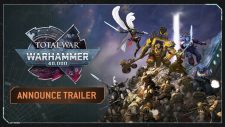

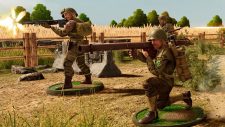

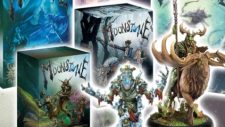




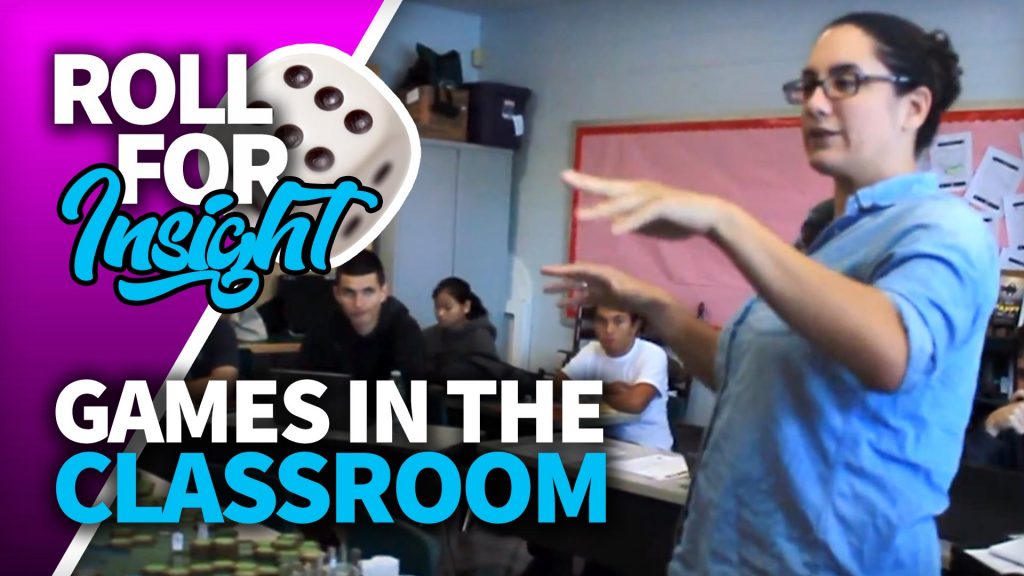
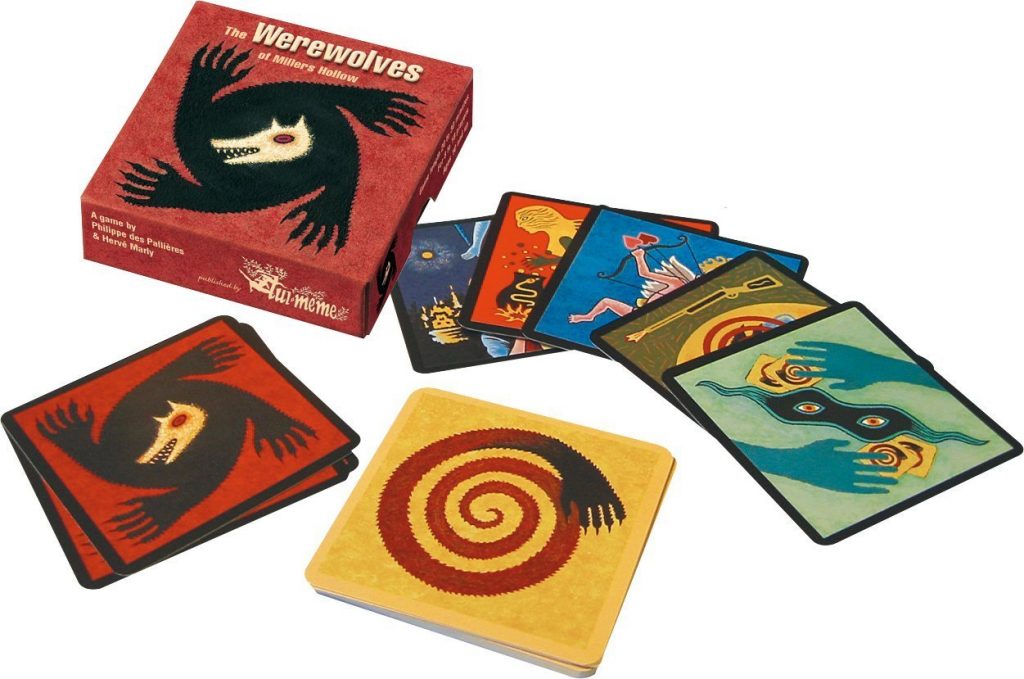
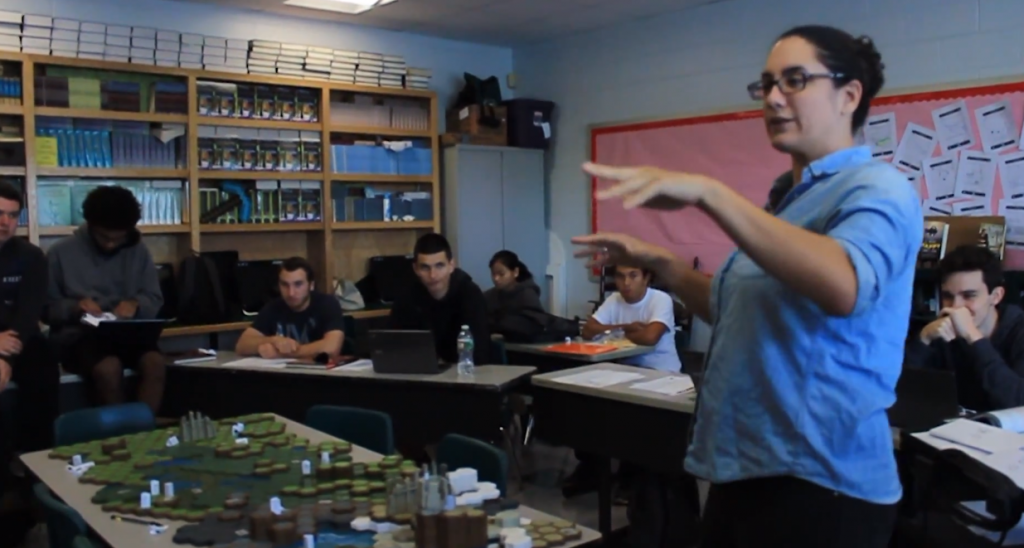


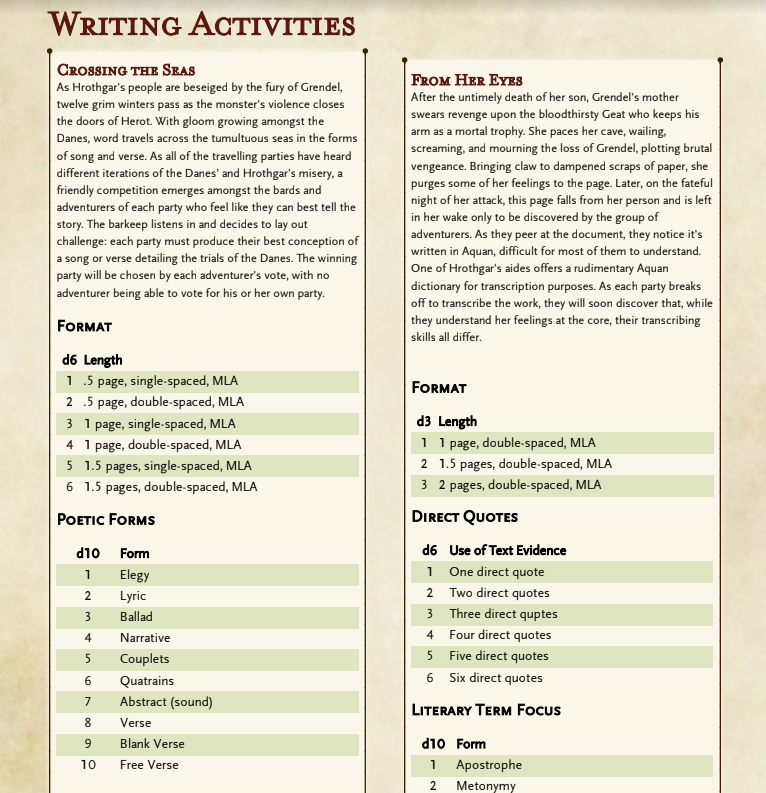
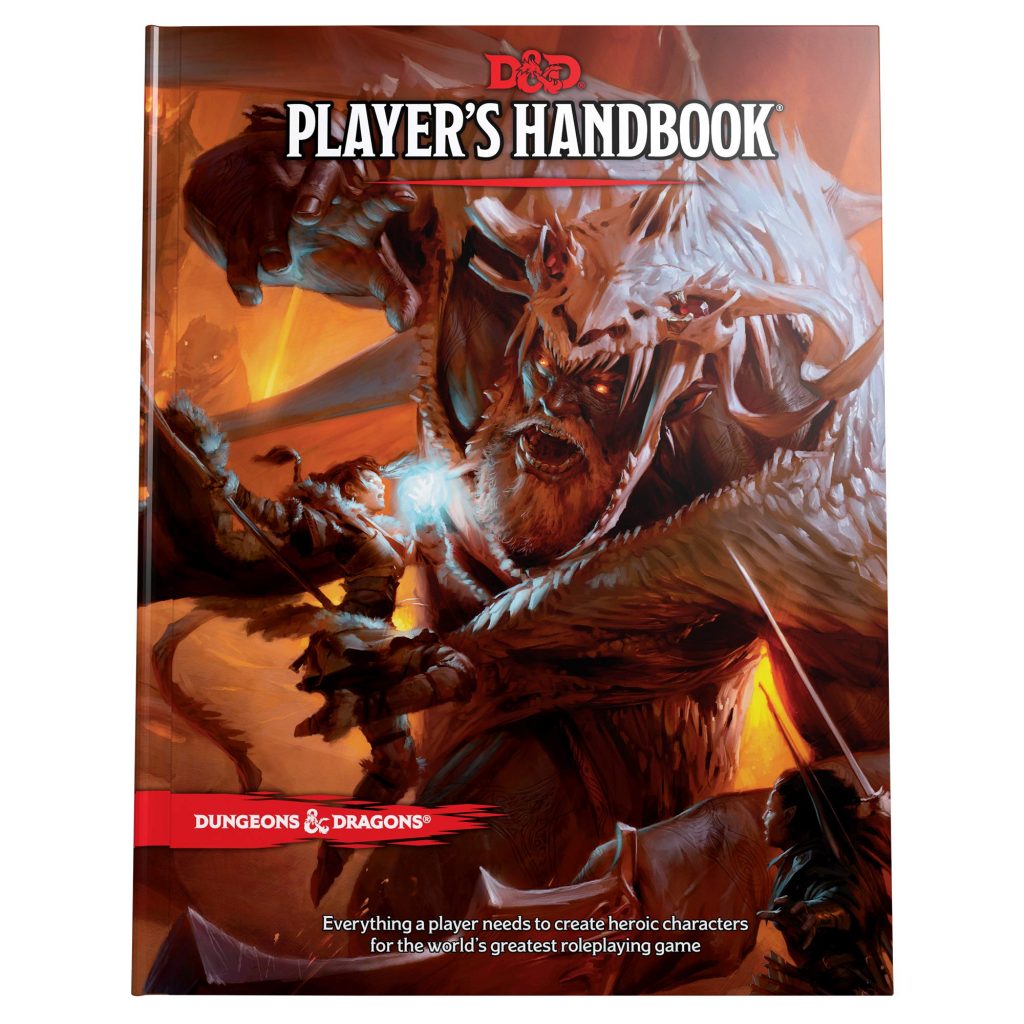

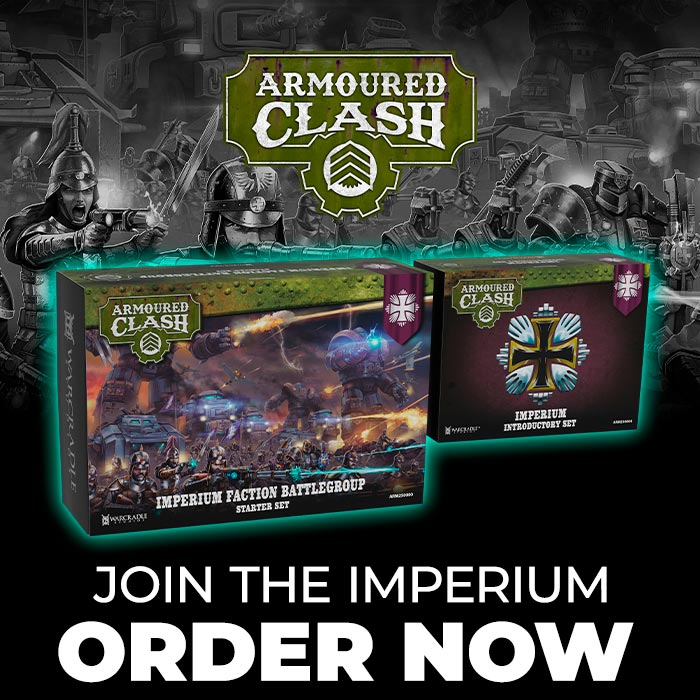


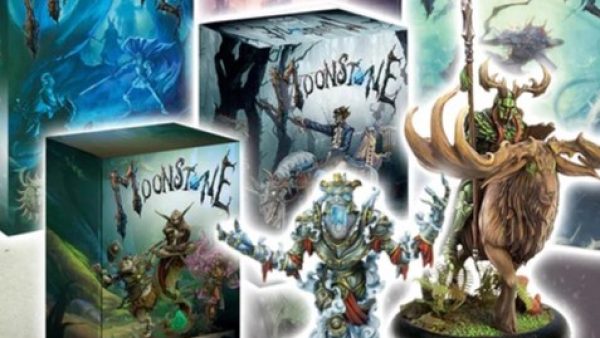
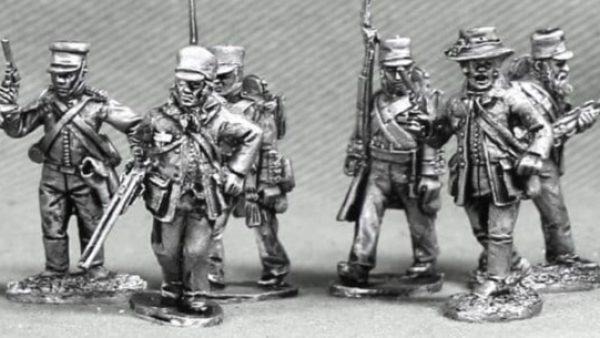

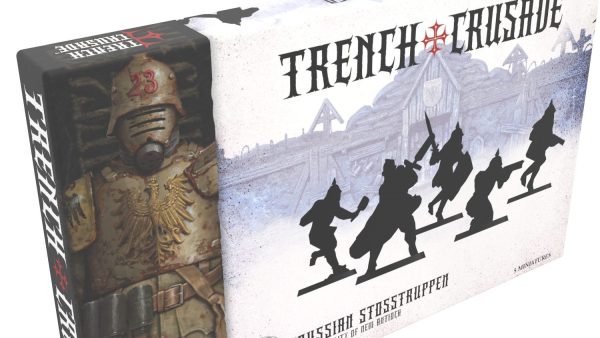

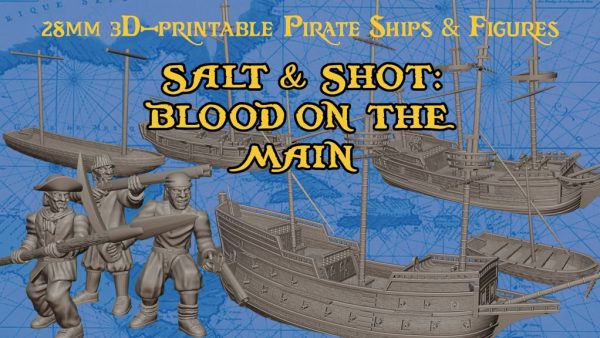
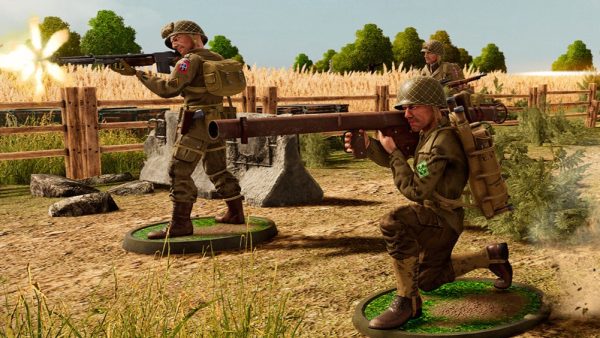

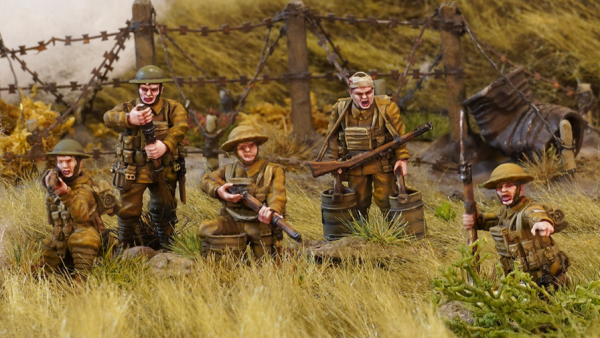


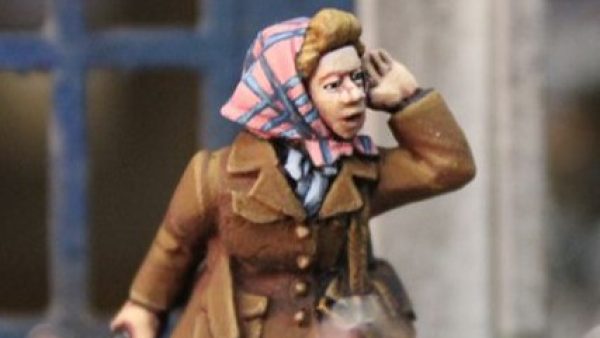
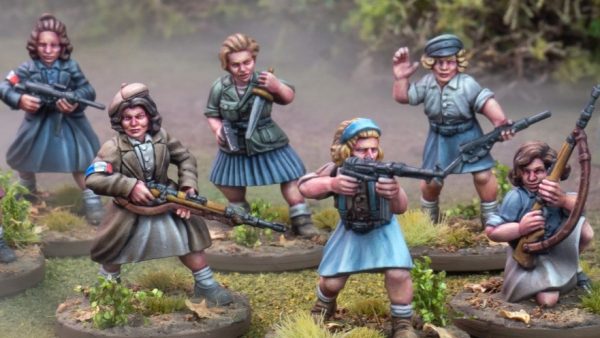
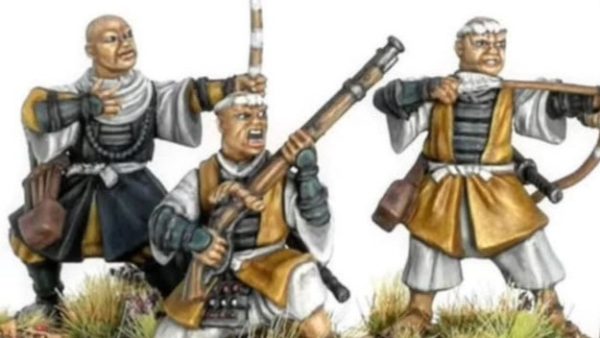
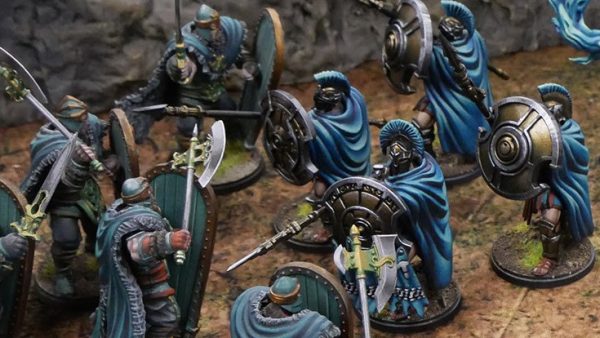
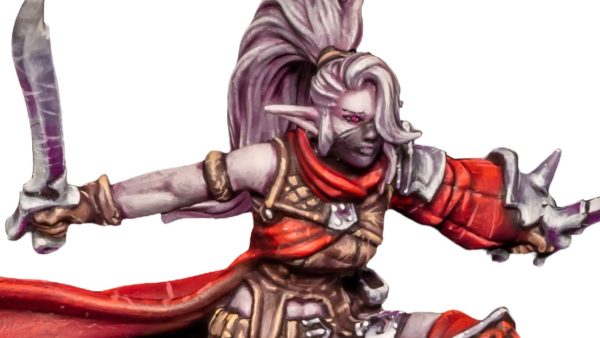
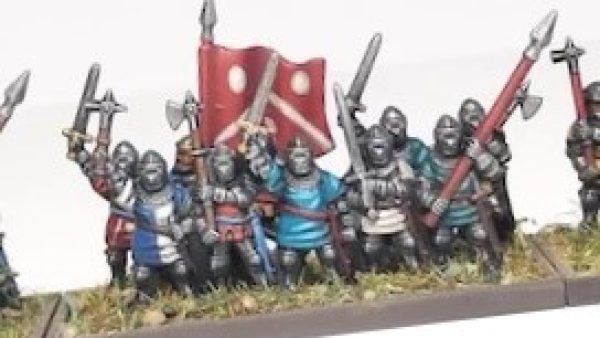



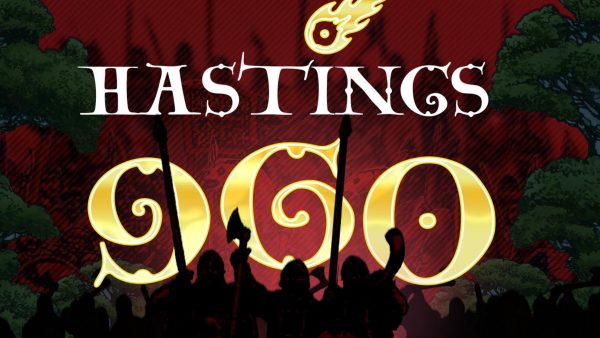


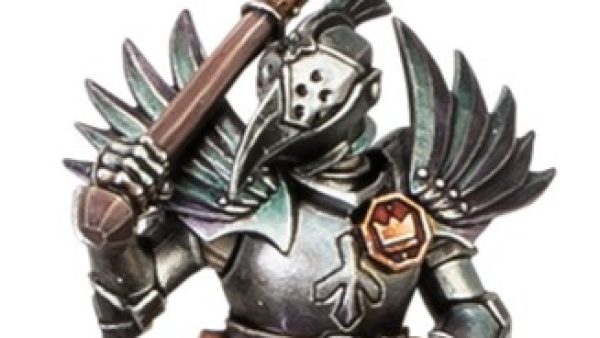

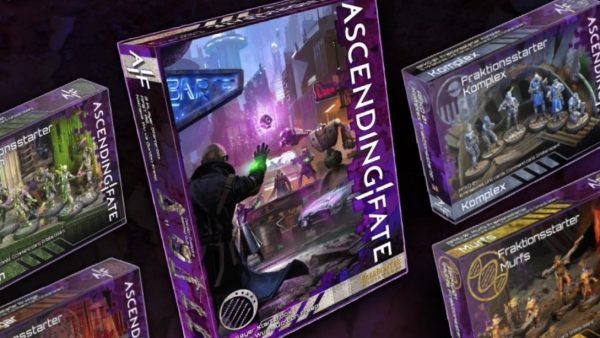


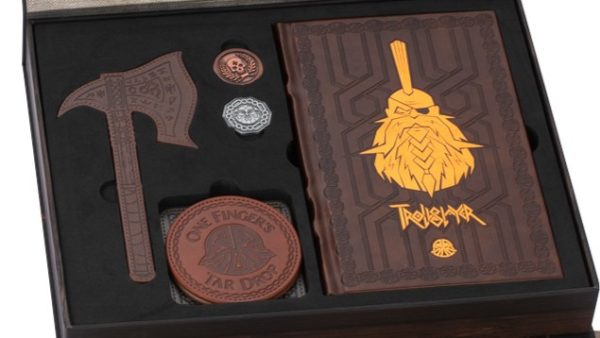
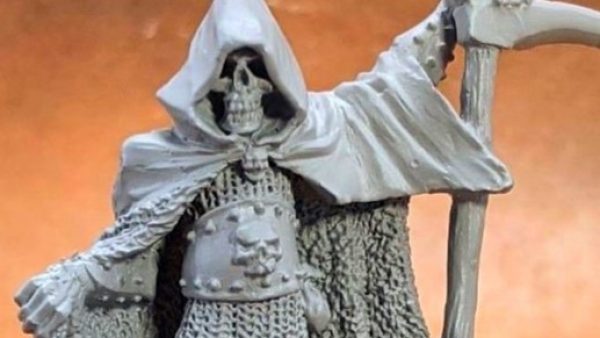
The ugly term ‘Gamification’ is a buzzword these days.
Also this TED talk :
https://youtu.be/v5Qjuegtiyc
btw:
Wargames originated as tools to teach the art of war to officers & soldiers.
This was really interesting, thank you! And thanks to all the various contributors too.
One thing I’d like to know is whether, to be effective, the teacher has to teach pupils what a roleplaying game is / teach them to enjoy roleplaying, before they can use it as a tool for teaching.
I see these examples and recognise their RPG lineage, so I instantly ‘get’ what the point is, and the associations are all (well, mostly!) positive. But if you’ve got kids who either have never done anything like roleplaying or who activily dislike this kind of play / gaming, can this still be an effective teaching tool?
Interesting point. From my own experience, you do occasionally get students less keen on the game, but usually they will delve right into it, especially presented with it as an alternative to a standard class. And role play, though not formalised game role play like DnD, is a fairly common teaching tool. It would be very interesting to hear just how much prep they have to do with the class first.
Thanks @dracs – I think most kids ‘roleplay’ growing up as kids, so I can see that it can be used more formally in teaching. What you say doesn’t surprise me.
What’s being talked about here though seems to be on another level. Not just giving students challenges which are essentially mini roleplays, but ones which explicitly look like tabletop roleplaying games, with dice charts, etc. I could see that creating additional hurdles to learning with kids who don’t – or think they don’t – like RPGs.
I haven’t tried roleplaying in teaching yet, but have used boardgames on occassion. I usually make use of Roborally with my Computer Science classes to introduce the idea of sequencing and forward planning, I tend to trim the rules down – no shooting from the robots but we tend to have fun. I usually try to play as well just so that get the fun of pushing me out of the way or into the laser defences yet again!
Gamification applies in so many ways to teaching and is a useful way for students to see progress, the awarding of “levels” when a student has completed something or “badges” etc. The key idea is to motivate the students to learn, particularly when GCSEs and A-Level etc are sometimes a very long way off in some students minds.
A brilliant article @dracs I had a geography teacher that used his plan’s spotting hobby to the same affect in classes.
I’m a history teacher. Mainly US History 1929-present. I created a modified version of risk where students have to answer questions to gain new military forces. Each unit I bring in new political and economic systems that impact each country and what they can do and how their neighbors perceive them. It helps them understand the systems but they also see far better how they interact with each other. During my WWII unit I have totalitarian states and democratic states (we don’t use the WWII countries so nobody can be Nazi Germany) and the totalitarians were able to bully the democracies until the democracies banded together to stop them. When two totalitarians couldn’t work together one betrayed the other. The kids had a much better understanding of the dynamics that led to the war through that than through the lessons that accompanied them.